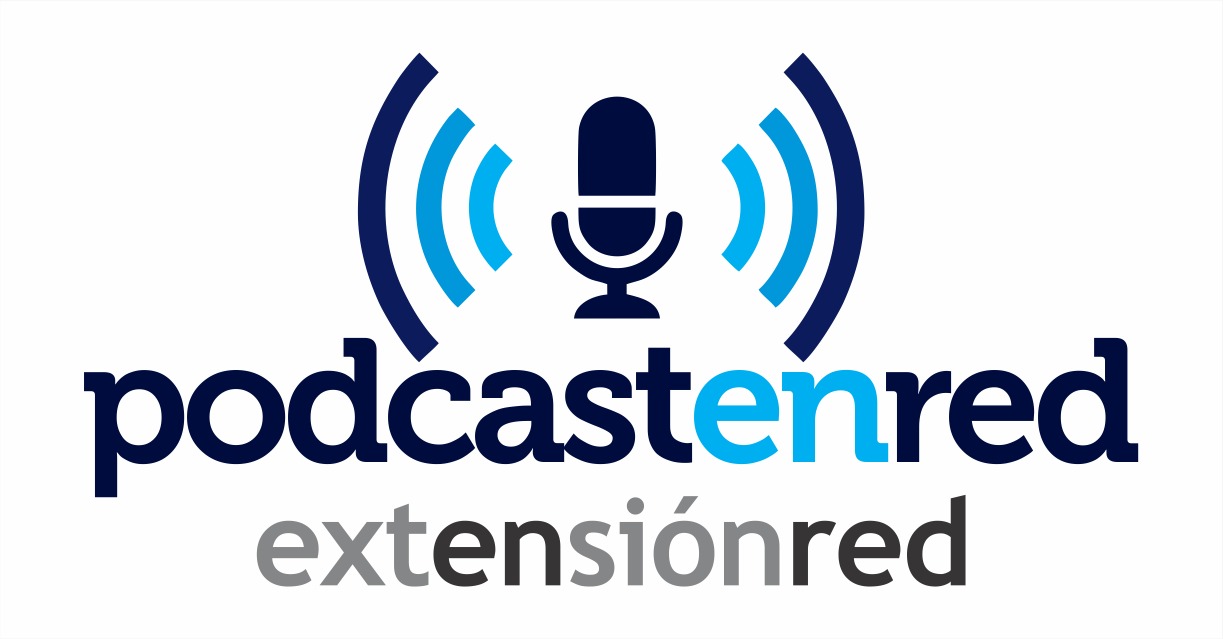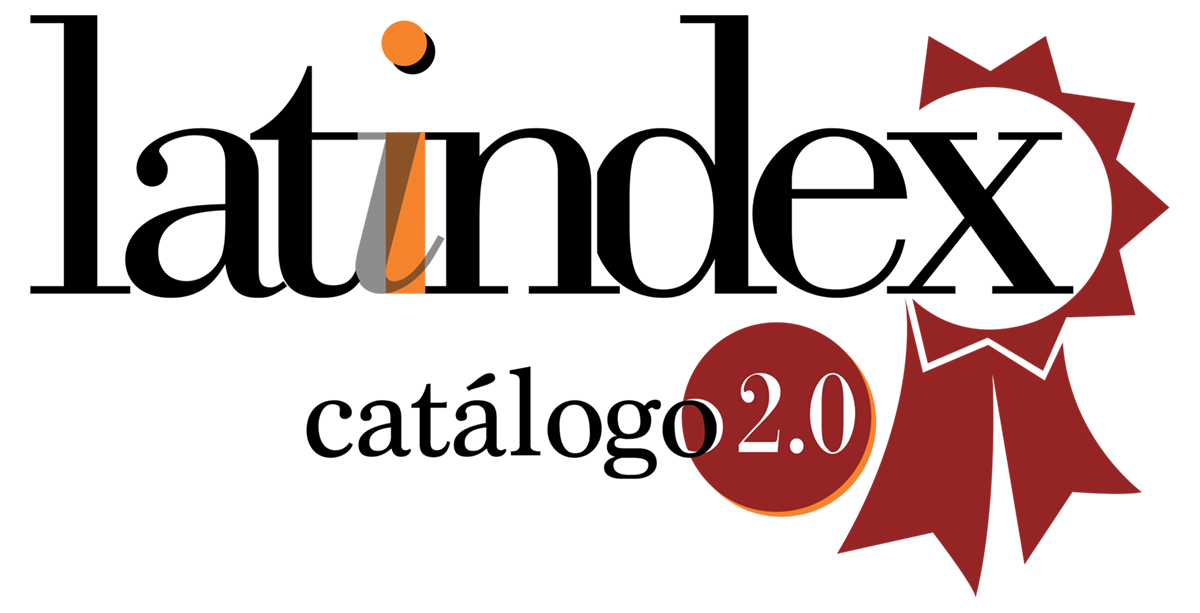Tejer redes en tiempos de distanciamiento
Universidad, organizaciones y territorio
DOI:
https://doi.org/10.24215/18529569e030Keywords:
pandemic, social economy, networks, university, communityAbstract
The article deals with some of the actions and reflections that emerge from the territorial work carried out within the framework of the Social, Solidarity and Popular Economy Program (PESSyP) of the Faculty of Social Sciences of the Universidad Nacional del Centro de la Provincia de Buenos Aires (UNICEN). The authoress refer to the way in which the context of the pandemic and distancing has conditioned the modalities with which social, political, cultural and university organizations inhabit the territory and enable comprehensive interventions with the social subjects that participate there.
Downloads
References
Coraggio, J. L. (1998). Economía Popular Urbana: una nueva perspectiva para el desarrollo local. San Miguel, Argentina: Instituto del Conurbano-UNGS.
Coraggio, J. L. (1999). Economía Urbana: la perspectiva popular. Quito, Ecuador: Abya Ayala / Instituto Latinoamericano de Investigación
social (LDIS-FLACSO).
Coraggio, J. L. (2011). Economía social y solidaria: el trabajo antes que el capital. Quito, Ecuador: Abya Ayala / FLACSO-Sede Ecuador.
Coraggio, J. L. (2020). Promover a economia solidária popular: uma resposta al neoliberalismo. En A. R. de Souza, I. A. de Oliveira Lussi y M. Zanin (Orgs.), Engajamento e reflexão transversal em economia solidária (pp. 159-178). São Carlos, Brasil: EDUFSCar e ABPES.
Coraggio, J. L. (2004). De la emergencia a la estrategia. Más allá del “alivio de la pobreza”. Ciudad Autónoma de Buenos Aires, Argentina: Espacio.
Freire, P. (2007). Pedagogía de la Autonomía. Ciudad de México, México: Siglo XXI.
Organización Panamericana de la Salud (OPS). (2020). Informe Anual del Director de la Oficina Sanitaria Panamericana 2020. Salvar vidas y mejorar la salud y el bienestar. https://iris.paho.org/handle/10665.2/52904
Pastore, R. (2014). La economía social y solidaria, una construcción colectiva y plural en el camino de la profundización democrática. En E. Lozano y J. Flores (Comps.), Democracia y sociedad en la Argentina contemporánea (pp. 221-236). Bernal, Argentina: Universidad Nacional de Quilmes.
Pastore, R. y Altschuler, B. (2014). Economía social y solidaria: un campo socioeconómico, simbólico y político en construcción. En C. Fidel y A. Villar (Comps.), Miradas y controversias del desarrollo territorial en Argentina. Aproximación a un enfoque analítico (pp. 31-65). Ciudad Autónoma de Buenos Aires, Argentina, Ediciones del CCC (Centro Cultural de la Cooperación Floreal Gorini).
Singer, P. (2007). Economía solidaria. Un modo de producción y distribución. En J. Coraggio (Org.), La economía social desde la periferia: contribuciones latinoamericanas (pp. 59-78). Ciudad Autónoma de Buenos Aires, Argentina: Altamira.
Sosa, R., Torregiani, F. y Rivarola Vales, S. (septiembre de 2021). Separar la paja del trigo. Y seguir tejiendo redes en tiempos de distanciamiento. Trabajo presentado en el Congreso Internacional de Extensión (modalidad virtual), Unicen.
Sousa Santos, B. (1998). De la mano de Alicia. Lo social y lo político en la postmodernidad. Bogotá, Colombia: Siglo del Hombre Editores
y Universidad de los Andes.
Sousa Santos, B. (2006). Renovar la teoría crítica y reinventar la emancipación social. Ciudad Autónoma de Buenos Aires, Argentina: Consejo Latinoamericano de Ciencias Sociales (CLACSO).
Sousa Santos, B. (2009). Una epistemología del Sur. La reinvención del conocimiento y la emancipación social. Ciudad de México, México:
Consejo Latinoamericano de Ciencias Sociales (CLACSO) / Siglo XXI.
Sousa Santos, B. (2020). La cruel pedagogía del virus. Ciudad Autónoma de Buenos Aires, Argentina: Consejo Latinoamericano de Ciencias Sociales (CLACSO).
Additional Files
Published
How to Cite
Issue
Section
License
Copyright (c) 2022 Rosana E. Sosa, Florencia Torregiani, Solange Rivarola Vales

This work is licensed under a Creative Commons Attribution-NonCommercial-ShareAlike 4.0 International License.
The acceptance of an original by the journal implies the non-exclusive transfer of the patrimonial rights of the authors in favor of the publisher, who allows the reuse, after its edition (postprint), under a Creative Commons License Attribution-NonCommercial-ShareAlike 4.0 International.
According to these terms, the material can be shared (copy and redistribute in any medium or format) and adapted (remix, transform and create another work from the material), provided that a) the authorship and the original source of their publication (magazine and URL of the work) are cited, b) is not used for commercial purposes and c) the same terms of the license are maintained.
The assignment of non-exclusive rights implies that after postprint in Extensión en red authors may publish their work in any language, media and format; in that case, it is requested that they signal that the material was originally published by this journal.
Assignment also entails the authors’ authorization for the work to be collected by SEDICI, the institutional repository of the Universidad Nacional de La Plata, and for it to be indexed in the databases that the publisher thinks appropriate for enhancing the visibility of the published work and its authors.
In addition, the journal encourages authors to submit their works to other institutional and thematic repositories after their publication in Extensión en red, under the assumption that offering society unrestricted access to scientific and academic production contributes to a greater exchange in global knowledge.








.jpg)

.png)


.png)





















